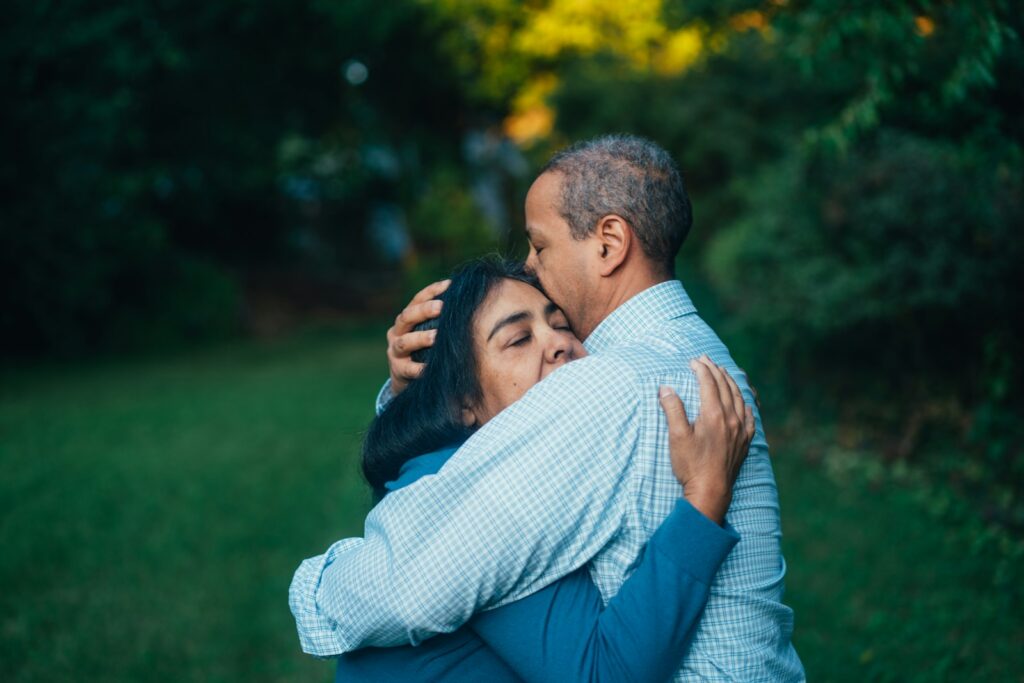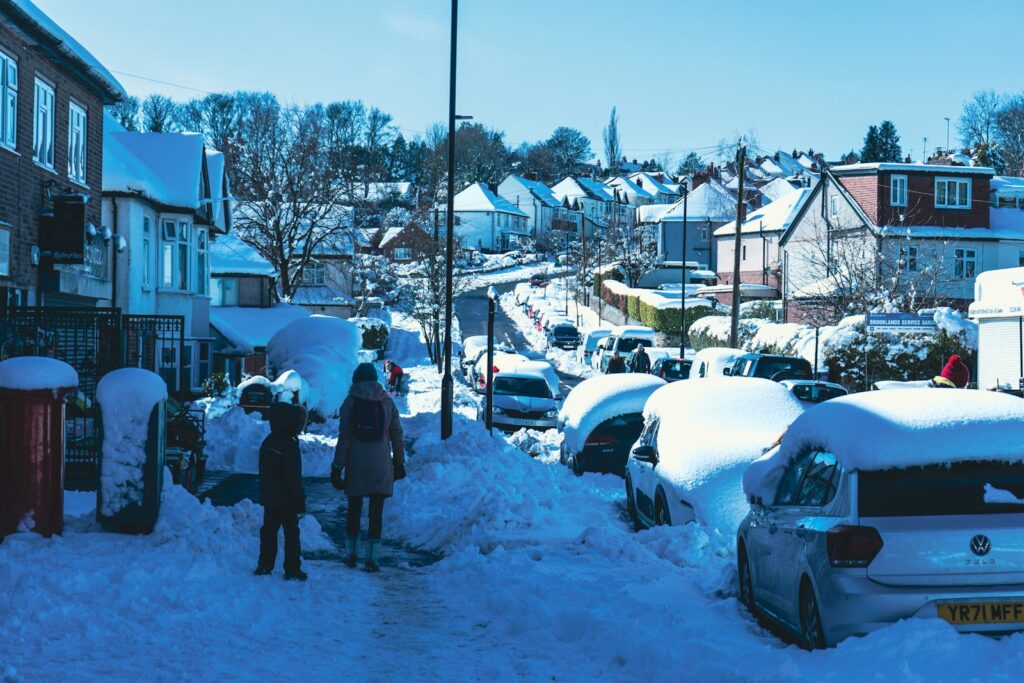The charity Crisis says living in temporary housing can have a ‘devastating impact on people’s lives and mental health.’ Yet more people than ever are being forced into the situation, which can end up being anything but temporary.
In 2019 a total of 84,740 households were reported to be living in temporary accommodation in the UK, including 126,020 children.
If a household presents themselves as homeless, then the local authority has a duty to look into their case and offer support.
The council will accept a full duty to find housing for an applicant if they are in priority need. To be in priority need, an applicant must have a mental or physical handicap, be classified as being homeless through no fault of their own and must also have a connection to the area.
In this situation, the council will often house the applicant in temporary accommodation while they wait for more permanent accommodation to become available.
However, the majority of local councils are struggling to find long-term housing. A report published by Crisis and the Joseph Rowntree Foundation revealed that 70% of councils are struggling to find permanent accommodation.
This means that more and more people end up living in temporary accommodation, such as hostels and B&Bs.
Paul Hackett, director of the Smith Institute and founder of the Affordable Housing Commission told Social Care Today: ‘My main concern is the families, too many families are coming through the system. You’re a single parent, you’ve got two kids, you get ill, you can’t work, you’re buggered.
‘You go to the council for help and you get offered temporary accommodation, you don’t want temporary accommodation you want permanent accommodation, but there isn’t any.
‘Twenty years ago these people would have been provided with social housing.’
Social housing has halved in the UK since the 1980s, this is often blamed on the introduction of Right to Buy in 1980 which gave tenants the ability to buy their council houses at below-market rates, and a drop in the number of social houses being built.
In 2019, 2,844 applicants were placed in temporary accommodation and 13,466 families were placed on the social housing waiting list in Manchester alone.
When Social Care Today asked Manchester City Council what they were doing to tackle the issue, deputy leader of the council, Sue Murphy responded: ‘Homelessness is a deeply complex issue and in many situations, the issues that we are presented with are much greater than a person simply needing a roof over their heads.
‘Where homelessness can’t be prevented, we can relieve homelessness without requiring the use of temporary accommodation, for example by securing different types of accommodation such as privately-rented or supported housing.’
However, according to homeless charity Shelter, just 28 social homes were built in Manchester in 2019, less than 1% of the total homes that were built.
Social Care Today spoke to Selina Hanley, ambassador for St John’s Homelessness Initiative and the Greater Manchester Mayor’s Charity. She lived in temporary accommodation for over two years.
‘I am a pastry chef by trade, I used to work in some of the best restaurants in Manchester. I left being a chef and started my own business which I owned for ten years, but during that time I had a breakdown, I left my business and I took a break from work.
‘I stayed with family and friends for a while, but when I had exhausted all avenues, I declared myself homeless, that was in May 2017, and I am still living in temporary accommodation today.
‘I feel completely trapped in temporary accommodation, it’s starting to affect my mental health and my confidence, I’ve gone from owning a business to being scared to get a job because of how it will affect my benefits.
‘I’ve been living in temporary accommodation for two and a half years now, I’m just waiting, it’s not my home, I can’t add value to the property, it belongs to someone else.
‘The first accommodation I was allocated was a hostel, in that hostel I met a woman who had four children, she had been living in temporary accommodation for four years.
‘She lived with her children in a shared room, but they were constantly moving around, they would settle in an area, her children would make friends, and then they would have to pick up and move again. It’s not a way to live, nevermind raise a family.
‘The biggest number of homeless people are the people living in temporary accommodation, hidden from the rest of society.’
It is increasingly clear that even if an applicant is provided with a roof over their head, the lack of affordable and social housing means that this is no longer a golden ticket away from homelessness.
During the general election, the Conservative Party promised to bring forward support to the supply of social housing, with better regulations to improve the quality of housing.
However, until then, as homelessness continues to rise and social housing declines, more and more people will remain homeless, trapped in temporary accommodation.
Jon Sparkes, chief executive of Crisis told Social Care Today ‘We know just how debilitating temporary accommodation can be.
‘No one should have to live in damaged and even dangerous conditions, where they lack basic cooking and laundry facilities and face the constant threat of eviction at short notice.
‘We need to tackle the root causes of the issue, putting money into increasing help to those at risk of losing their home at a much earlier stage so that homelessness is prevented in the first place.
‘In the awful cases where people do lose their homes, we need to make sure they are helped quickly into safe and secure housing. This means ensuring housing benefit covers the cost of rent and that more social housing is built across the country.
‘As one of the wealthiest countries in the world, it is a national shame that homelessness still exists. We have the solutions to reduce the number of people in temporary accommodation and end homelessness for good, but we need the government to swiftly tackle the issue and fix it once and for all.’
Photo Credit – Pixabay

















Leave a Reply